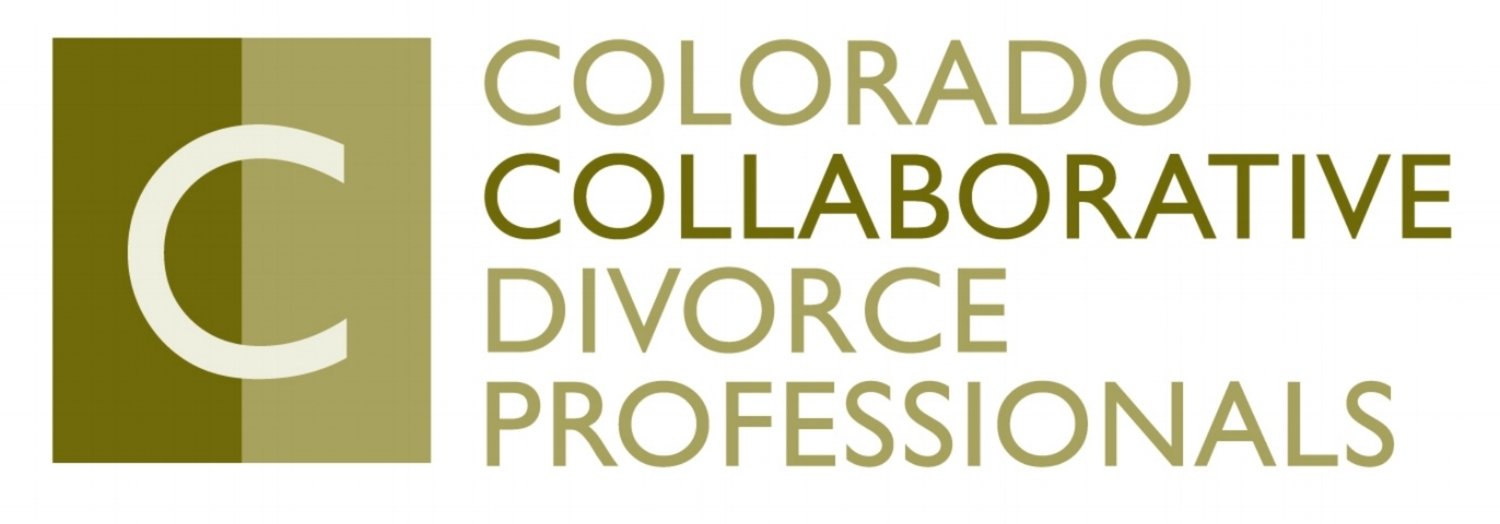Even experienced professionals encounter challenges in family law. The key is learning how to face them with compassion, strategy, and collaboration.
Working in family law demands emotional intelligence, flexibility, and the ability to adapt to ever-changing client dynamics. While every case is unique, certain challenges come up again and again for professionals across the field. Knowing how to spot these issues early and respond with intention can improve outcomes for clients and reduce strain on practitioners.
Below, we’re sharing five of the most common family law issues along with practical ways to address them.
1. High Conflict Between Clients
One of the biggest hurdles in family law is navigating the emotional intensity of divorce and custody disputes. High-conflict situations can stall progress, increase stress, and make resolution feel impossible.
Encouraging open communication, offering mediation options, and leaning into collaborative tools can de-escalate tension. When both parties feel heard and understood, they are more likely to engage in solutions that benefit the entire family.
2. Disputes Over Parenting Time and Decision-Making
Parenting plans often bring up strong opinions and disagreements. Parents may struggle to see eye-to-eye on schedules, education, medical care, or other key decisions.
Helping clients focus on the child’s best interest, rather than their own frustrations, can create more productive discussions. Using clear language in parenting agreements and recommending professional parenting coordinators when needed can also help reduce future conflict.
3. Complex Financial Disclosures
Finances can be a sensitive topic, especially when one party feels left in the dark. Missing information, hidden assets, or unclear documentation can delay progress and increase legal costs.
Encouraging transparency and partnering with financial professionals early in the process builds trust and helps both clients and attorneys work more efficiently. Collaborative divorce professionals often bring in neutral financial experts to create clarity and confidence for everyone involved.
4. Lack of Emotional Support or Mental Health Resources
Family law clients are often going through one of the most difficult experiences of their lives. Without proper support, emotions can spill over into the legal process and derail progress.
Building relationships with therapists, coaches, and other mental health providers gives clients a stronger support system. A well-supported client is more likely to make thoughtful decisions and engage in the process in a meaningful way.
5. Resistance to the Collaborative Process
Not every client is familiar with the collaborative model, and some may be hesitant to trust a team-based approach. They may assume court is the only path forward, or worry that being open means giving something up.
This is where education matters. Take time to explain how the collaborative process gives clients more control, reduces hostility, and often leads to better long-term outcomes. When clients understand the value, they’re more likely to commit to the process fully.
More For You > How To Educate Clients About The Collaborative Divorce Process
Working Through Challenges Together
Whether it’s emotional roadblocks, legal complexity, or communication breakdowns, family law professionals see firsthand how difficult these situations can be. But when we work together, sharing strategies, insight, and resources, we create better outcomes for families and stronger practices for ourselves.
At CCDP, we believe in the power of connection and community. If you’re a family law professional looking to expand your network, share insights, and grow in your practice, we invite you to explore the benefits of joining Colorado Collaborative Divorce Professionals. Together, we can continue to raise the standard of care for families navigating divorce.

